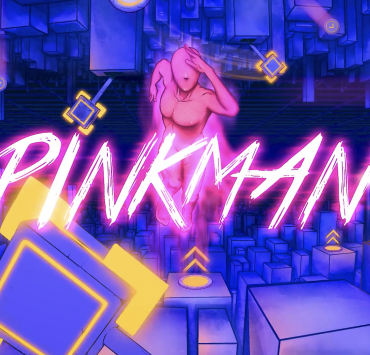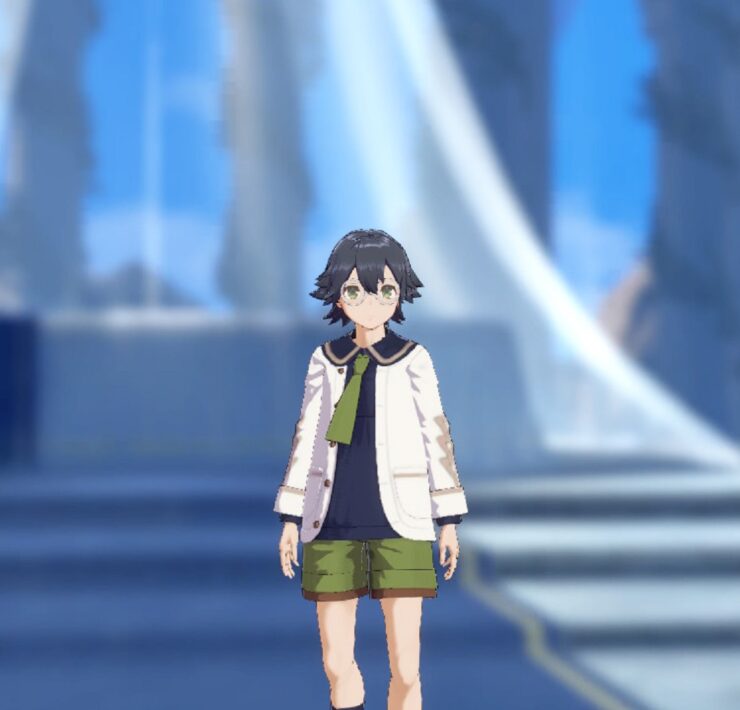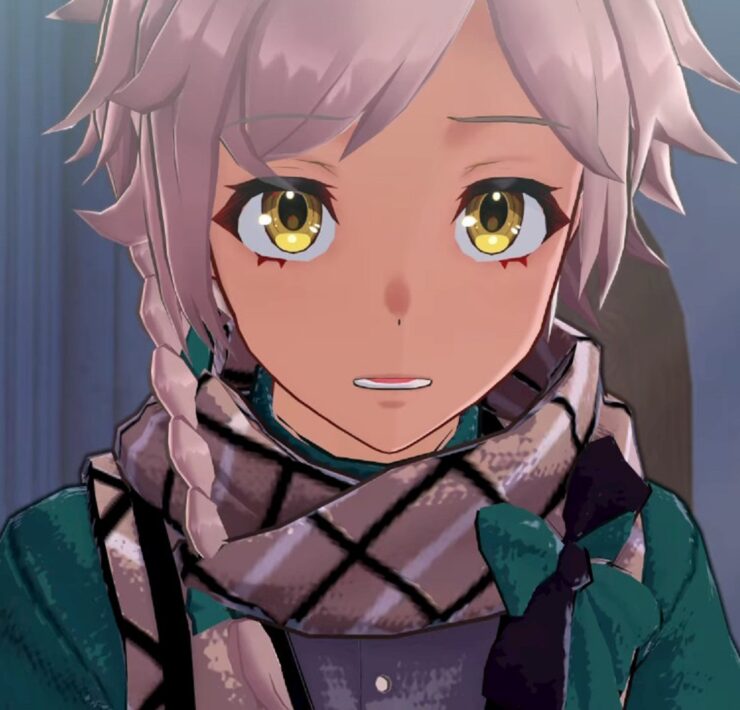The Game Isn’t Open World: The Art of Linearity
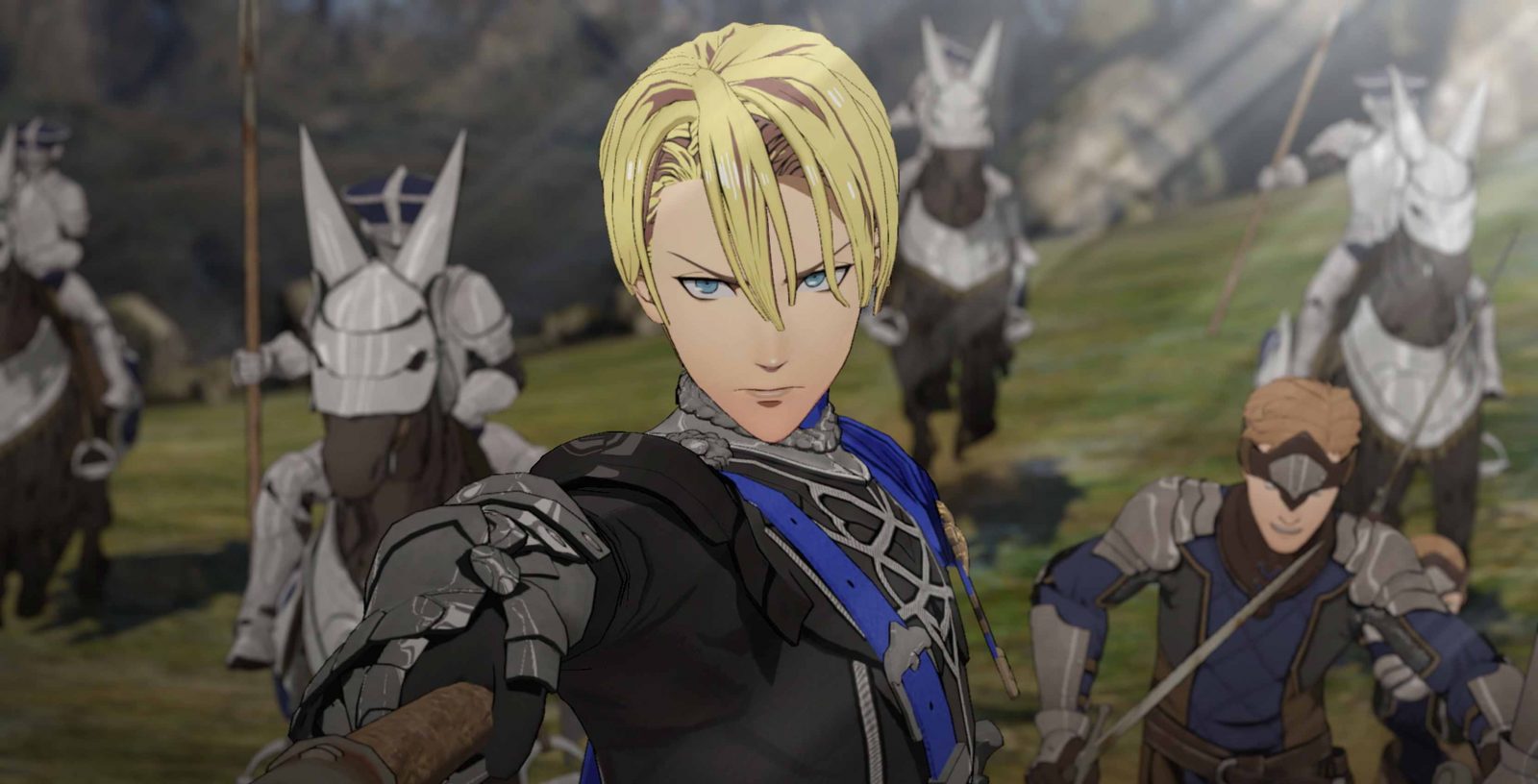
It’s been a fair few years now. We’ve been seeing the growth of the open world in more ways than one. There’s the growth in terms of scale: how much can we actually reproduce in a single video game map? Growth in terms of content: how many quests, secrets, and collectibles can we fit into our open world? And growth in terms of popularity: if your game isn’t open world, is it even worth playing?
There is, of course, some discrepancy when it comes to open world games and how they’re defined. There are games like Minecraft and Animal Crossing, where you’re pretty free to mold the world to your liking. Games like Assassin’s Creed and Red Dead Redemption, which offer a main story but also the space and time to avoid it and follow side missions and explore the landscape. And games like Breath of the Wild, which straddle the line between the two. The world is yours; you can use it like a toy. There’s a story, but it’s almost inconsequential when there is so much to explore and discover.
I don’t hate open world games, but I do find myself getting more and more excited when news of a new linear action game gets announced. The announcement means I get to look forward to a meticulously designed world, a detailed and fully polished story, and pacing that will keep me hooked from beginning to end. There’s a unique artistry to linearity in games that I crave constantly.
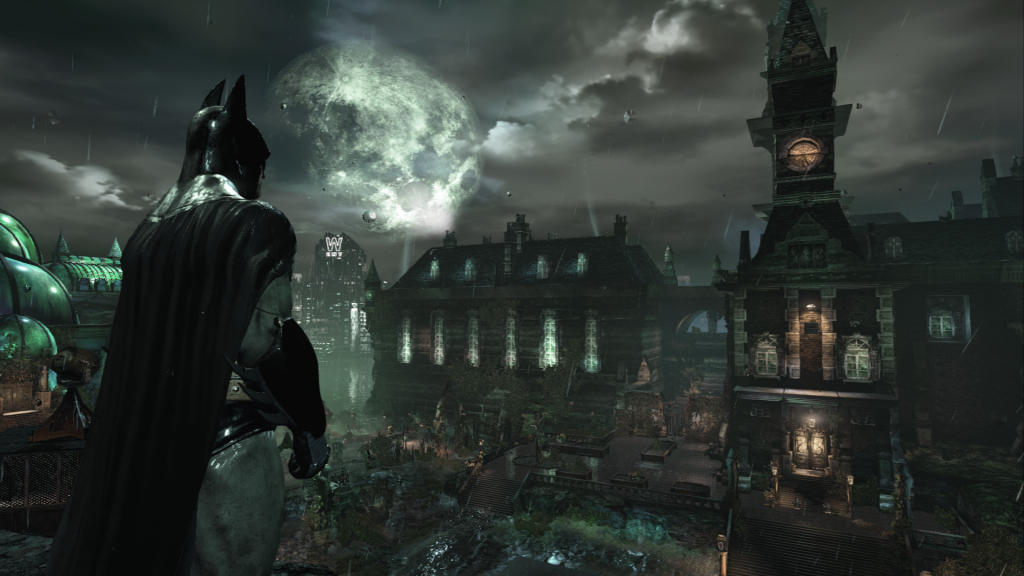
The Batman: Arkham trilogy is a perfect example of what I mean here. The first game, Arkham Asylum provided players with a small, manageable map and an almost painfully linear narrative line to follow as you move from stealth section to thug brawl to boss fight and repeat. As you go, there are collectibles and hidden areas. The Riddler’s riddles encouraged an extra consideration of the world around you and its details. For any Batman fan, this was a dream. Here’s Calendar Man’s jail cell; the grave of Amadeus Arkham; Bane’s teddy bear. So much choreographed detail to admire and enjoy all while following a perfectly designed linear path through a small and rich open map.
Then came Arkham City, which felt more like your Assassin’s Creed and Grand Theft Auto franchises. A big, open map with more space but somehow less to do. The details were still there, to a degree, but they were fewer and literally far between. From there, Arkham Knight went all-in on building up Batman’s arsenal, with the big selling-point being the Batmobile. But this game designed entire challenges and optional missions around this clunky mechanic and gone were the details and nods to comic book lore. Each time the world grew, nuances and details and characters were lost.
The developer most guilty of quickly cobbling together enormous worlds and populating them with busywork is Ubisoft. The Assassin’s Creed and Far Cry series’ have been guilty for years of taking a formula and, with each new game, expanding on it by making a slightly bigger world, adding a few new mechanics, and having players tick off the same boxes time and again. Climb this tower, follow this person, fetch this item, find this secret, rinse and repeat. Give me a short, linear story over this busywork any day.
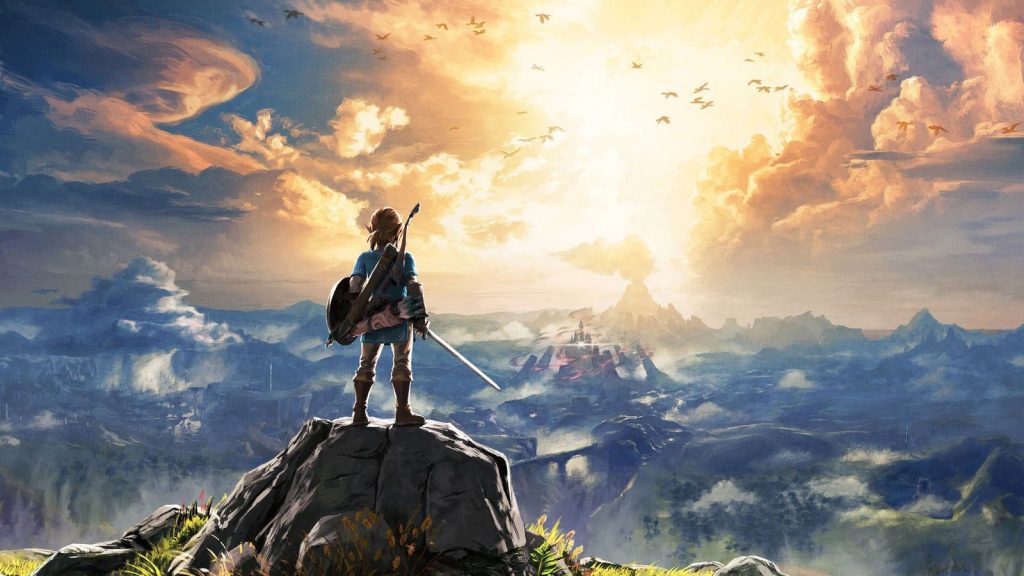
It was as Ubisoft reached the peak of this open world formula that Nintendo released Breath of the Wild along with the Switch.
Now, a personal story about the year of the Switch’s release. I was living in the UK as a high school teacher, earning way less than we should for the work we do, and I couldn’t justify getting a Switch at launch, especially as I was planning a move back to East Asia. Fortunately, the only Switch game anyone cared about was Breath of the Wild, which I had managed to muster less than no enthusiasm for. Six months went by and Super Mario Odyssey was released. I was living in Seoul, earning better money, and I had been counting down the days. When Odyssey launched, I raced out and finally picked up my Switch.
Breath of the Wild is the new Ocarina of Time. It’s the game that we’ll see at the top of countless gamers’ and magazines’ “Best Games of All Time” lists. I don’t get it, myself. While I agree that it’s ridiculous that so many Nintendo fans have spent the last two plus years debating which is better: Breath of the Wild or Super Mario Odyssey, I can also sympathize. These are Nintendo’s two biggest properties, and arguably each game represents the peak of what these franchises have achieved. But, while Odyssey is Mario refined and made perfect, BotW, to me, is a big, empty space that I feel both swallowed up by and lost in all at once. I don’t know what to do in it. I wander Hyrule, feel confused, and turn off my Switch.
I love books and being a book critic is one of my many jobs. I own a website dedicated to literature and travel. I also love films. And, I think, I love linear and narrative games for the same reason. Being plonked down in a big, empty, open world provides me far less joy than offering me a story to pass through, embodying its protagonist and befriending its characters. It goes beyond that, though. And the more I dwell on it, the more I come back time and again to Arkham Asylum.
But we don’t need to over-analyze Arkham Asylum. Let’s look at other games that offer a map to roam but still prioritize narrative, characters, and progression.
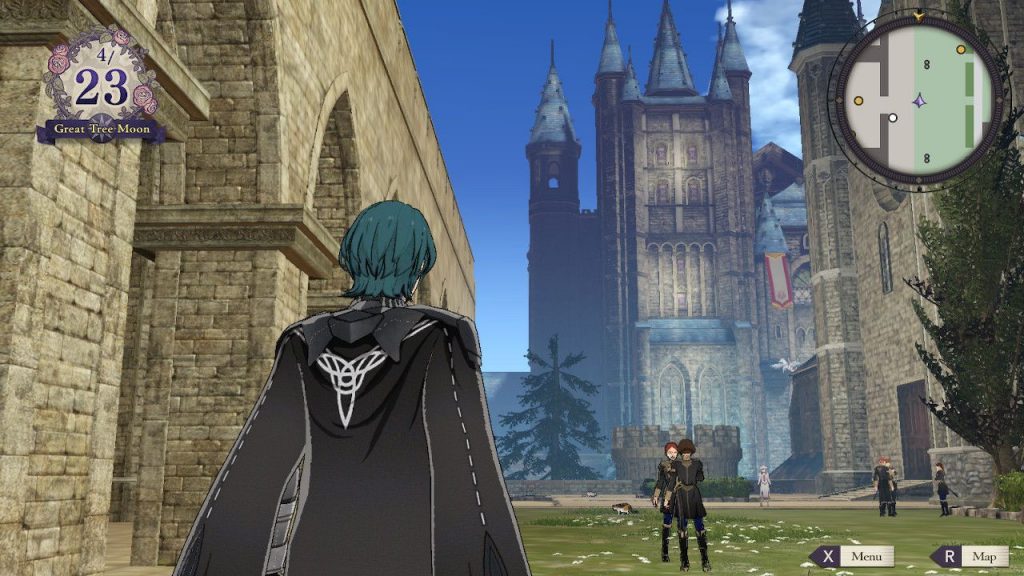
Persona 5 and Fire Emblem: Three Houses are two recent games that have nailed that balance between a heavy narrative and a world in which players are free to roam. Their maps are small, and this scaling down means having richer details. It means developing such familiarity with each street and room that you get to know the map intimately.
These games offer places that are characters in their own right. They have personality, and they’re populated by people I came to know and love, to laugh and cry with. The Yakuza series accomplishes the exact same thing. Here’s a small map that you’re free to roam. You come to know it so well that you eventually discard the map. You know its quirks, and yet it also manages to constantly surprise you. And, all the while, there is a story tempting you forward.
Yakuza, Persona 5, and Fire Emblem: Three Houses are linear games. Two of them have a calendar that carries you forward, though you can stop the clocks by walking aimlessly if you want. And the other has a chapter-based narrative, a limited amount of side-missions to complete, and a heavy emphasis on character growth via beautifully written, acted, and animated cut-scenes. These are my perfect games. Games that offer a richly detailed world, contained inside a small map that feels navigable and knowable. Games that are still mostly concerned with telling a good story, but a story that you are very much a part of, not only a casual observer of.
I’ve seen some criticism of the newly released Final Fantasy VII Remake. It feels restrictive and claustrophobic at times. It holds your hand, guides you down linear paths, and throws you from story beat to beat. But within specific chapters, it opens up just enough to offer players the choice to complete extra side missions, explore a small town, meet its residents, and admire its artistry. Limiting exploration to a small area means the developers have been able to fill that area with delightful, beautiful details. Details that speak to the state of the world and its people. Not open and empty grassy fields and tall brown cliffs that take five minutes to climb.
Linear games offer us a world that tells a specific story. Set pieces are like roller coasters. Linear corridors are peppered with details that betray the state of the place: its politics and its personality.
The world does not behave at random. Instead, it is carved out specifically for you to enjoy. Everything is choreographed, and it can be admired in greater detail. There is no wasted space, no time to get lost or feel confused. Every moment you spend in a linear game is a moment of character growth, story progression, or simply a moment where you can stop and admire the artistry of it all.
Thank you for stopping by Nintendo Link and reading one of Will Heath’s outstanding features. What are your thoughts on this topic of linear gameplay vs open world? Let us know in the comments below!
What's Your Reaction?
Will Heath is a freelance writer and digital nomad from the UK who mostly splits his time between London and Tokyo. He runs the website Books & Bao – a site dedicated to international literature and world travel – and writes about video games for Nintendo Link and Tokyo Weekender.







